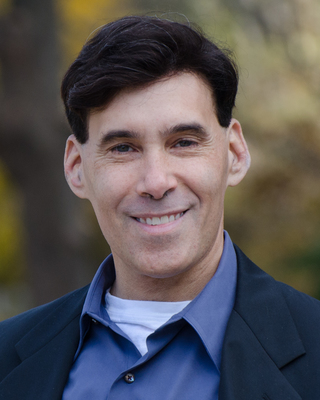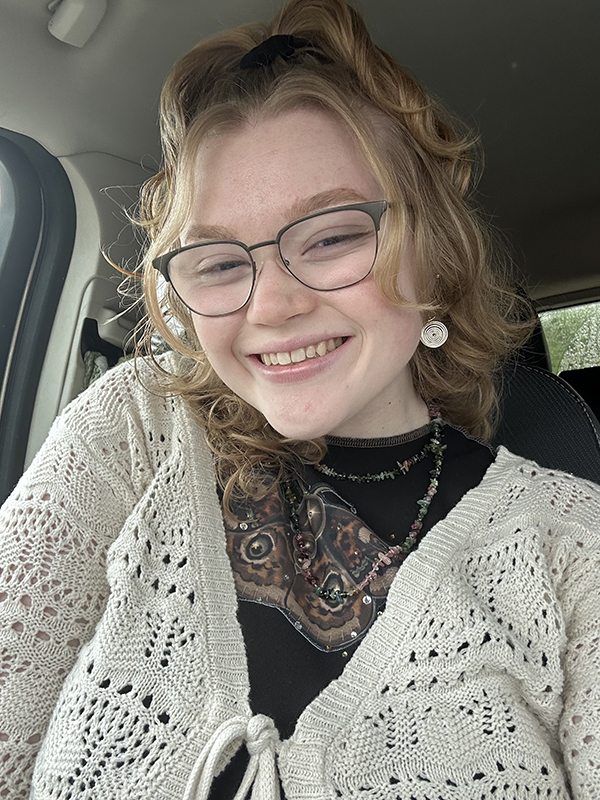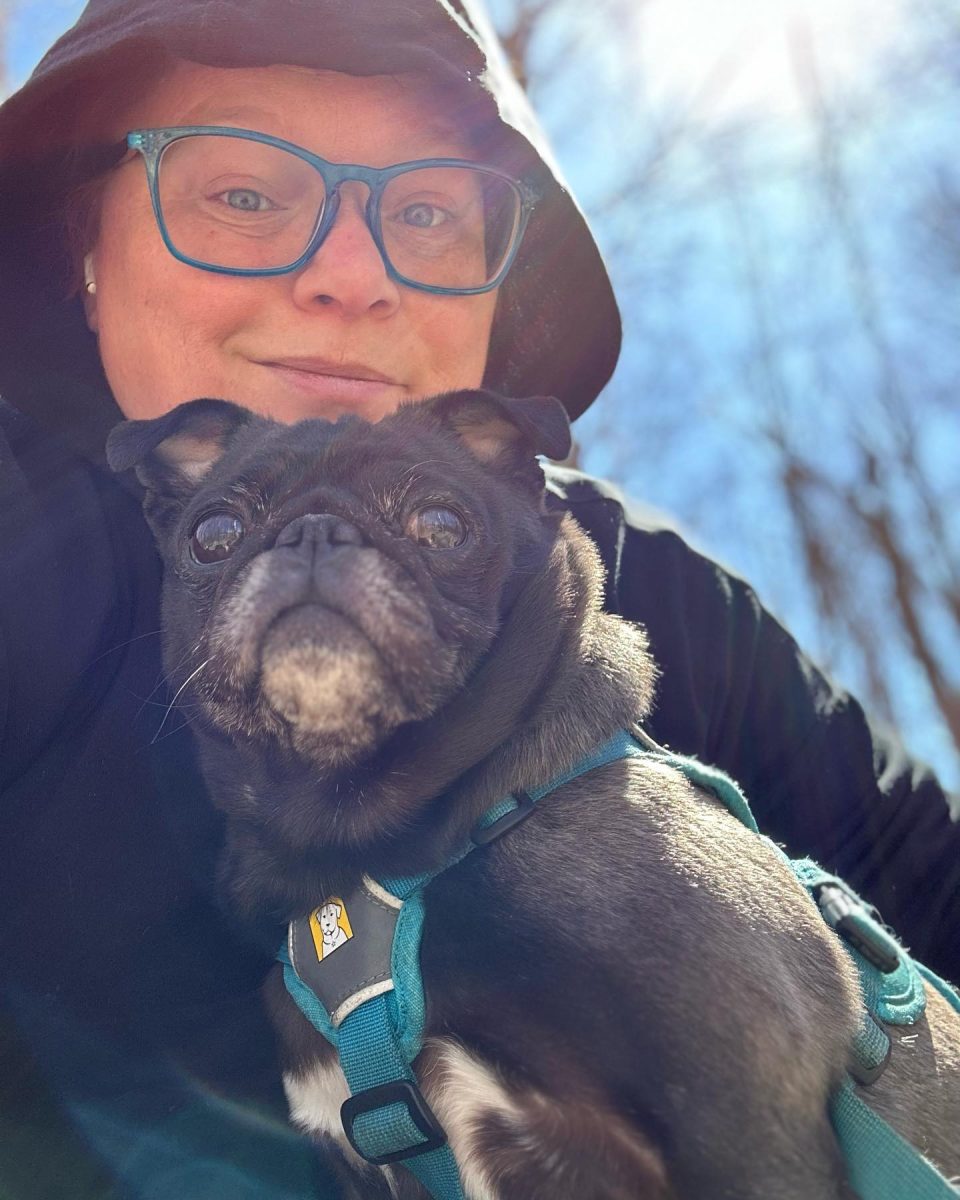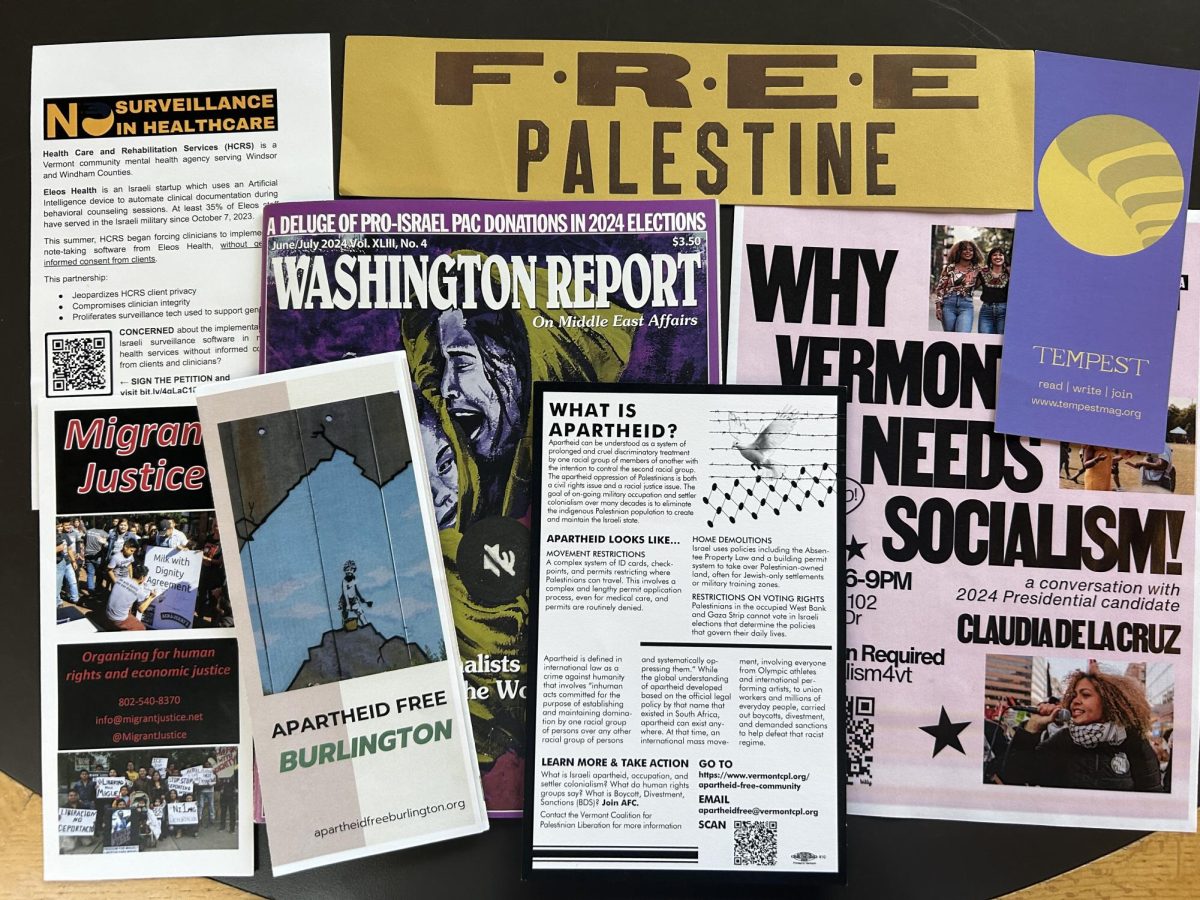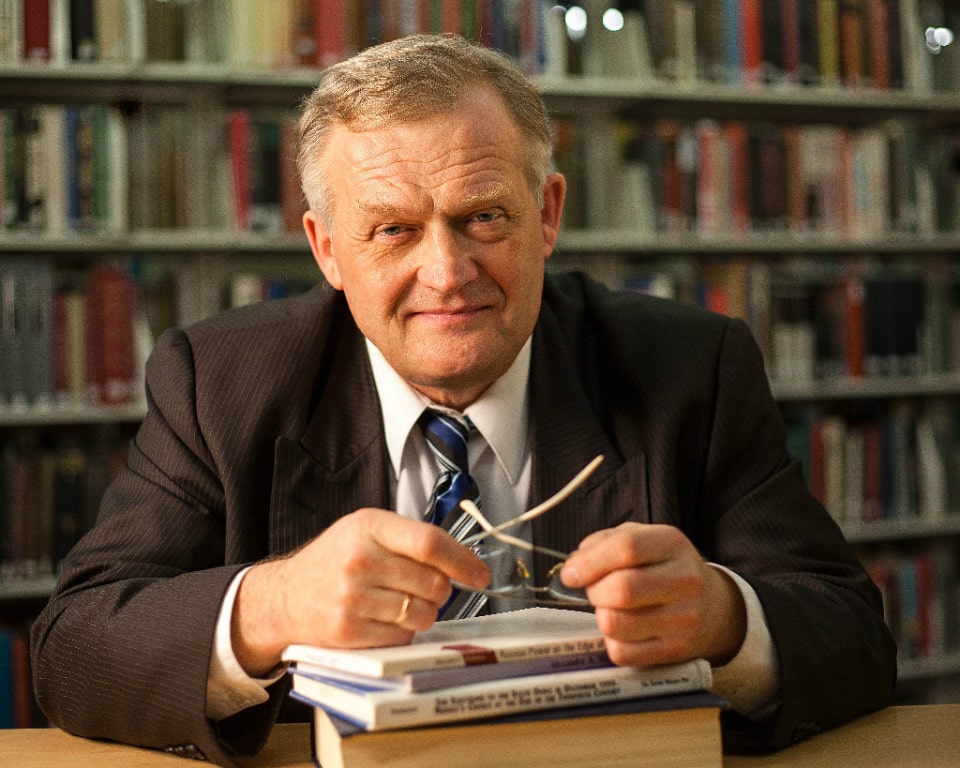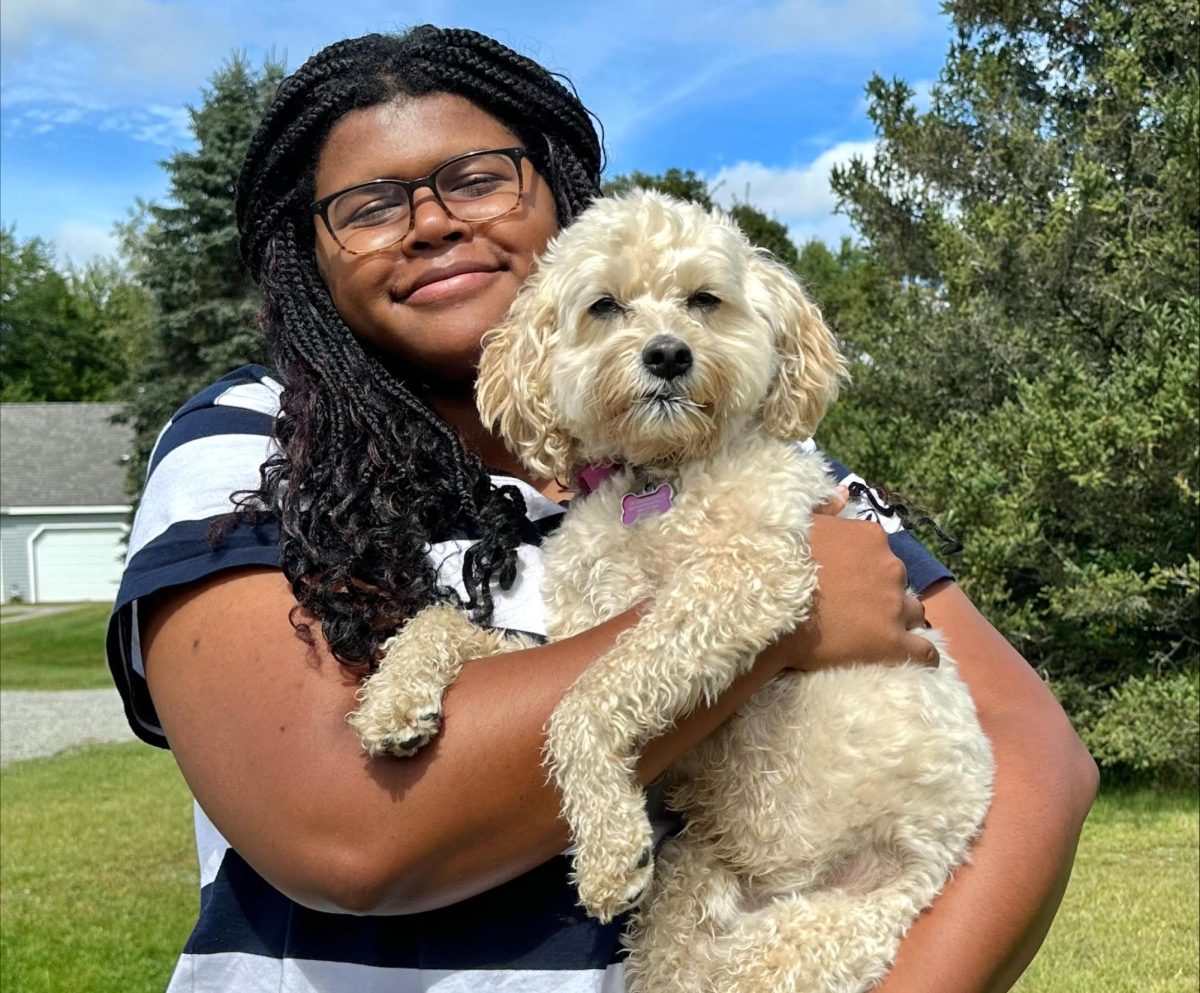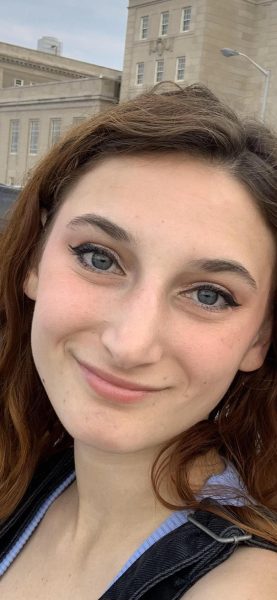Author’s note: Hi! My name is Jill Pressman, Dr. Todd Pressman is in fact my father. We have a very close relationship, which is what made this interview possible.
Anxiety can be scary and hard to understand, especially if you are saddled with an anxiety disorder. You are not alone. In fact, according to the National Institute of Mental Health (NIMH) and the Anxiety and Depression Association of America (ADAA), an estimated 31.1% of U.S. adults and 31.9% of adolescents (aged 13-18) experience some form of anxiety disorder.
The anxiety disorders in this set of data include panic disorder (2.7% of people in the USA), generalized anxiety disorder (GAD) (3.1% of people in the USA), specific phobias (9.1% of people in the USA), social anxiety disorder (7.1% of people in the USA), post-traumatic stress disorder (PTSD) (3.6% of people in the USA), and obsessive-compulsive disorder (OCD) (1.2% of people in the USA).
On a larger scale, according to the World Health Organization (WHO), an estimated 27.6% of the global population have an anxiety disorder. Although there are effective treatments, only one in four people receive that help.
Dr. Todd Pressman, a Philadelphia-based therapist and author, has written three books. Today we will focus on his most recent project: Deconstructing Anxiety: The Journey from Fear to Fulfilment, which was released in July 2019.
This book contains 322 pages of comprehensive understanding of fear’s subtlest mechanisms. It taps into the source of one’s anxiety and holds the clues for how to escape fear and release the very causes of suffering.
Using strategically-developed exercises, this book provides a unique, integrative approach to healing and growth, based on an understanding of how the mind organizes itself around anxiety.
What inspired you to write this book?
“It’s really a culmination of a life’s work. I started asking questions about life when I was 14. Who am I? What’s the meaning of life? And why are we here? That set me on a quest for answers. … Eventually, I became a psychologist as part of that quest and ultimately wrote Deconstructing Anxiety.”
How long did it take to write?
“I gave myself six months. I told the publisher it would be done in six months. I thought it would be more than enough time because I had all the information in my head.
“I spent many 14-hour days and 18-hour days towards the end just to get it finished. It was a labor of love, but it was also like climbing Mount Everest.”
Do you plan on writing more?
“Oh, yeah! I have three in the works already started.”
What part took the most amount of time to write?
“Just making it readable. I think that one of the most important parts of being a writer, in my opinion, is getting your points across in an easy way to read. I was lucky to have professors in graduate school that were fantastic that way. One of them was a famous guy named Stanley Krippner. He’s literally a walking encyclopedia and he’s written a ton. He could write the most complicated ideas in really simple language. That inspired me. That’s what those 18 -hour days were about.”
Was it difficult to work those 18-hour days?
“No, because, like I said, it was a labor of love. I was just pouring my whole self into it. It’s like being in a zone or an incubator because I didn’t do anything else the last two or three weeks before my six-month deadline, except write, write, write, write, write for all day and all night … except for eating and a little bit of sleep.”
You turned your sunroom into an office. Was that helpful?
“It was my incubator. It’s the nicest part of the house. So, I claimed it and didn’t let the rest of the family get in there. The dog was there, of course. She can’t be without me, but she was my muse.”
Where did the title come from?
“My wife came up with the title ‘Deconstructing Anxiety’ and my daughter [me, Jill] came up with the subtitle ‘The Journey from Fear to Fulfilment’”.
What was your favorite chapter?
“I don’t know about my favorite chapter because they all fit together like a puzzle. But, one day in, I guess, a flash of intuition just came to me. I got the preface. Which is these three postulates that I just thought were a really good way to summarize the whole book and introduce it.
“There’s the first postulate, which says there is an absolute truth that can be realized. It’s characterized by a sense of wholeness, completion, fulfilment. This is the premise of the book. Postulate two, fear, aka anxiety, obstructs this absolute truth. This is the theory of the book. And three, deconstructing anxiety, a.k.a. fear, is the way back to this transcendent truth. That is the practice of the book.
“I really liked the summary that that provided. And I guess you could call the prologue a chapter.”
What was your hope for people to get out of this reading it? What was the purpose of the book?
“My hope is the same as my purpose is as a psychologist. Half of it is I want to help people get free, not just of anxiety. In the book we talk about how anxiety is the root of any problem. There’s something called a core fear, the single fear thought at the root of every problem a person has. And after that it becomes a gateway to fulfilment. So yeah, the subtitle is The Journey from Fear to Fulfilment, which my daughter helped me find, because fear becomes a gift when you learn how to deconstruct it. It opens up a doorway to fulfilment. You could say fear is the only thing blocking that fulfilment.
“That’s really my goal, to help people find fulfilment.”
Do you think that this generation of college students could benefit from the contents of the book?
“Yes, I tried to make it accessible for everyone who has a reading level of high school or better. It’s written as a textbook for mental health professionals, as well as anybody who wants to get free of some suffering and more fulfilment in life. That was my goal.”
What is one exercise from the book that you think everyone should know?
“If I had to choose between the theory and the exercises, I really like the theory a lot, but I liked the exercises more because that’s where you get the transformation.
“It’s hard to pick one exercise over the others because they all work together. It turns out the exercise everybody likes most, even though it’s just the introductory exercise, is finding your core fear. Which is, like I said, that single core fear thought at the root of every problem a person has. So, when they find it, they get extremely excited, because they see that it’s the source of their problems. And even though it doesn’t tell you what to do about it, that’s a later exercise, there’s so much relief and hope.
“Finding the problem is like you’re a detective and you finally, after a lifetime of working on it and struggling with it, suffering from it, you found the culprit and now it makes you feel like you’re on the trail.
“Let’s figure out what to do about it. There is another exercise later that tells you what to do about it. I happen to like it best, it’s called ‘The Alchemist.’ You know, an alchemist turns lead into gold. We’re turning fear into fulfilment. It’s very cool.”
Can you tell me more about this exercise?
“I always qualify any description of The Alchemist before I give that description, saying that you can’t really imagine what the experience is like just from hearing a description. You have to go through it to realize how transformative it can be.
“Any problem has the core fear at the root. So, we deconstruct that problem down to the core fear and then have the person imagine sitting in that scene, it’s not scary. You’re just looking at it as if it were on a movie screen and playing the movie out all the way out to its conclusion.
“The problem with fear or anxiety is that we stop. We are kind of hypnotized by it. And we’re staring at it. Like fixated, we can’t take our eyes off the screen, of all the terrible things we think will happen. That screen is in our mind.
“If we keep going and say, ‘well what happens next?’ which is the question we asked The Alchemist, and what happens next after, and next, and next, and next. And you play it all the way to its conclusion.
“We have a technique in The Alchemist that it takes it out to eons upon eons. You can’t really get what that would be like until you go through the exercise. But after eons of living with this problem, your core fear, it just neutralizes. It’s like you’re perfectly peaceful, it has no more charge. It gets swallowed up by the infinity of space and the eternity of time, I like to say.”
How has your career changed since the release of the book?
“I am phasing out my private practice working with people one-on-one and doing almost exclusively seminars on Deconstructing Anxiety. I want to reach as many people as possible and, it turns out, seminars and writing books are good ways to do that.
“I do a certain amount of radio and a little bit of TV; I want to do more of that. So, my career is about getting the word out regarding this work.”
You’ve done some stuff for Psychology Today, correct?
“Yes, I do a regular blog.”
What does it normally contain?
“Usually, a particular theme that people are interested in for personal growth or mental health. And I talk about how Deconstructing Anxiety answers those problems … for cheap.”
For those who are interested, you can find more information on Dr. Pressman’s website, toddpressman.com, on YouTube @drtoddpressman and on Psychology Today (all will come up with a simple google search of his name). You can also purchase his books from online booksellers such as Amazon and Barnes and Noble.


